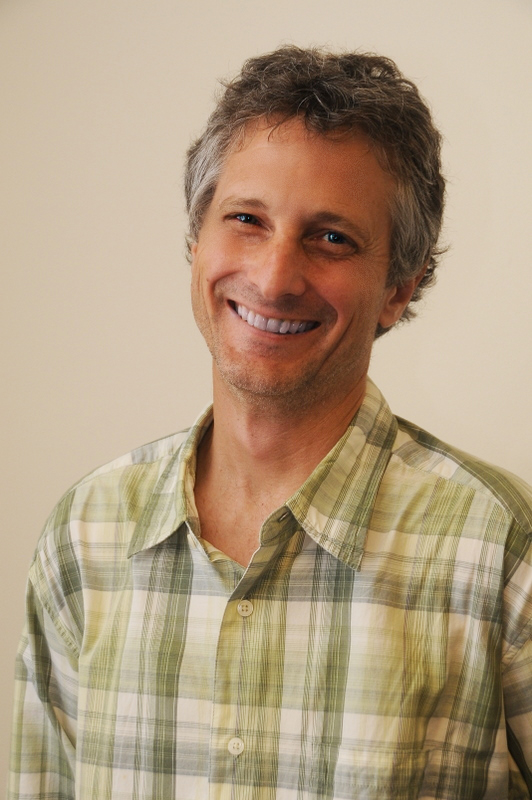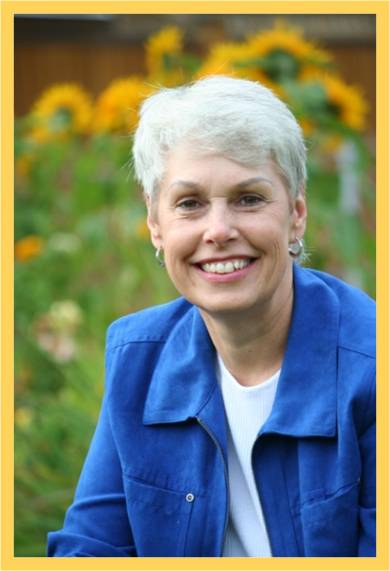Greening the Supply Chain: Measuring Corporate Progress to Safer Chemicals
Recorded On: 09/23/2015
Session Description
Hospitals can now measure how well their suppliers are addressing the use of toxic chemicals and moving toward safer alternatives. A new initiative launched this year called the Chemical Footprint Project will provide a tool to assess leadership efforts and support purchasing decisions return.
This session will introduce the Chemical Footprint Project which is a new method for assessing supplier progress toward the use of safer chemicals. A chemical footprint can be used to benchmark, track, and quantify a supplier's continuous improvement in the area of chemicals management through purchasing decisions. Find out how two health systems use the tool to benchmark corporate progress and make supply chain decisions. Understand the process for companies to participate and the data collected to make the project work. The Chemical Footprint Project will publicly profile top performers.
Learning Objectives
- Understand what is the Chemical Footprint Project (CFP) and how it works.
- Recognize how hospitals can use the CFP as a metric for benchmarking and tracking continuous improvement of suppliers as they move away from chemicals of high concern toward safer chemicals.
- Discover how CFP will distinguish the leaders in chemical management by product categories.
- Be able to articulate how this project will support greening the supply chain in the health care sector.
Presenters
 Mark Rossi, Ph.D. Co-Director, Clean Production Action Mark Rossi, Ph.D. Co-Director, Clean Production Action
Part of the Clean Production Action team since 2004, Mark has the unique ability to bring together diverse groups and achieve innovative outcomes. In 2006, he founded BizNGO, a collaboration of organizations who work together to advance safer chemicals and sustainable materials. BizNGO's listserv now reaches over 1,300 business, health care, government, university, and environmental leaders. Innovative products of BizNGO include the Alternatives Assessment Protocol, Guide to Safer Chemicals, and Plastics Scorecard. Mark is also the co-author of the GreenScreen. Launched in 2007, the GreenScreen is now the gold standard in hazard assessment tools. In 2014, he co-founded the Chemical Footprint Project, the first initiative of its kind to benchmark corporations on their overall chemical management performance. Mark is the author and co-author of numerous articles, reports, and blogs on advancing safer alternatives to toxic chemicals. Most recently, he authored the United Nations Environment Program's report, The Business Case for Knowing Chemicals in Products and Supply Chains. Mark is a member of the Massachusetts Toxics Use Reduction Act Advisory Committee and is a Research Fellow at the Lowell Center for Sustainable Production. He received an Environmental Merit Award from the U.S. Environmental Protection Agency Region 1 on behalf of BizNGO's leadership work on Green Chemistry. Mark's career includes stints at Tellus Institute, the Toxics Use Reduction Institute, and Health Care Without Harm. His doctorate is in Environmental Policy from the Massachusetts Institute of Technology. |
|
Vanessa Lochner, Director of Environmentally Preferable Purchasing (EPP) at Kaiser Permanente (KP), is responsible for providing strategic direction, and the operations management of the EPP program. In this key role, Vanessa works with Kaiser Permanente's Finance Operations organization in collaboration with its Group Purchasing Organization (GPO), to identify enterprise-wide EPP opportunities linked to improving the environment for its workforce and members. Vanessa participates as a member of KP's Environmental Stewardship Working Group, and serves as the co-chair to KP's Safer Chemicals Subcommittee. Vanessa has led the evolution of Kaiser Permanente's EPP program success story metric to high impact metrics in the key areas of Cleaner Energy, Safer Chemicals, Less Waste, and Healthier Food – driving down Kaiser Permanente's impact on the environment. Recently published, Vanessa authored an educational article together with blog post on Kaiser Permanente's success in rethinking its EPP program.Spending more than 14 years in the healthcare field, Vanessa's experience spans facilities development, business continuity, capital procurement, business process reengineering and transformational business management. |
 Sr. Mary Ellen Leciejewski, Director of Ecology, Dignity Health Sr. Mary Ellen Leciejewski, Director of Ecology, Dignity HealthMary Ellen serves as the Director of Ecology for Dignity Health, one of the nation's largest health care systems. Headquartered in San Francisco, Dignity Health provides patient-centered care at more than 380 care centers, including 39 acute care hositals, located in California, Arizona and Nevada. Mary Ellen is responsible for directing Dignity Health's sustainability initiatives and the development and implementation of systemwide policies and practices that promote care for Earth and use of sustainable resources. In her role, Mary Ellen facilitates communication networks among her colleagues and works closely with various hospital systems and environmental organizations throughout the country to raise awareness of healthcare's impact on the environment and to promote programs that proactively address issues of sustainability. |
Pricing
Member: $0 Non-member: $79
-
Register
- Standard Fee - $79
- Practice Greenhealth Member - Free!
